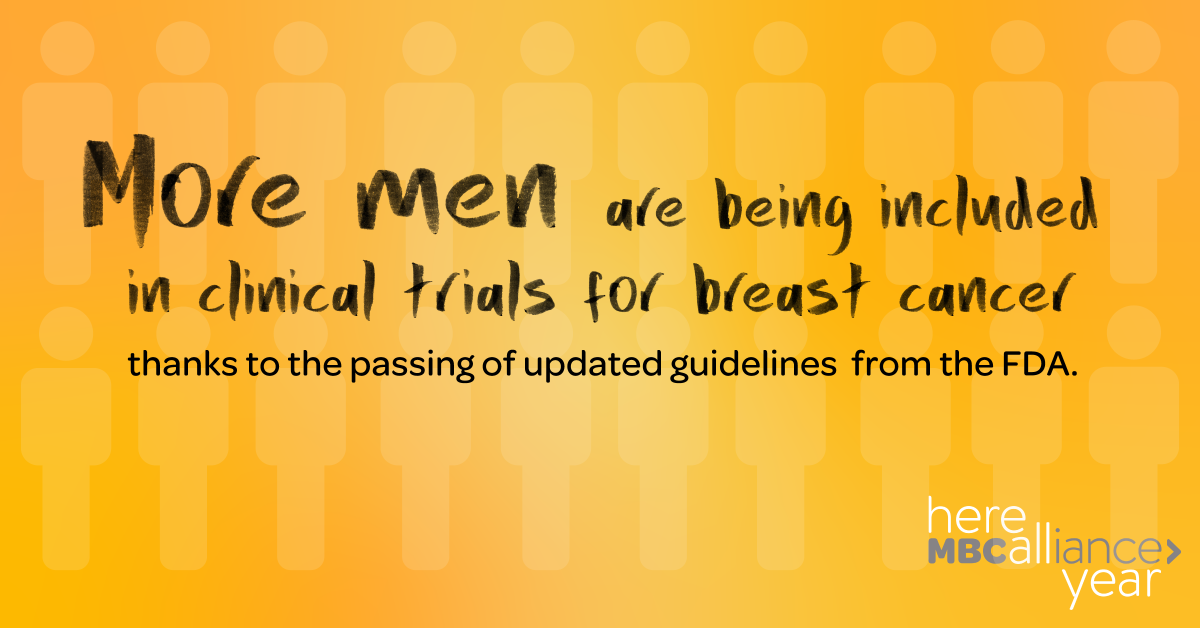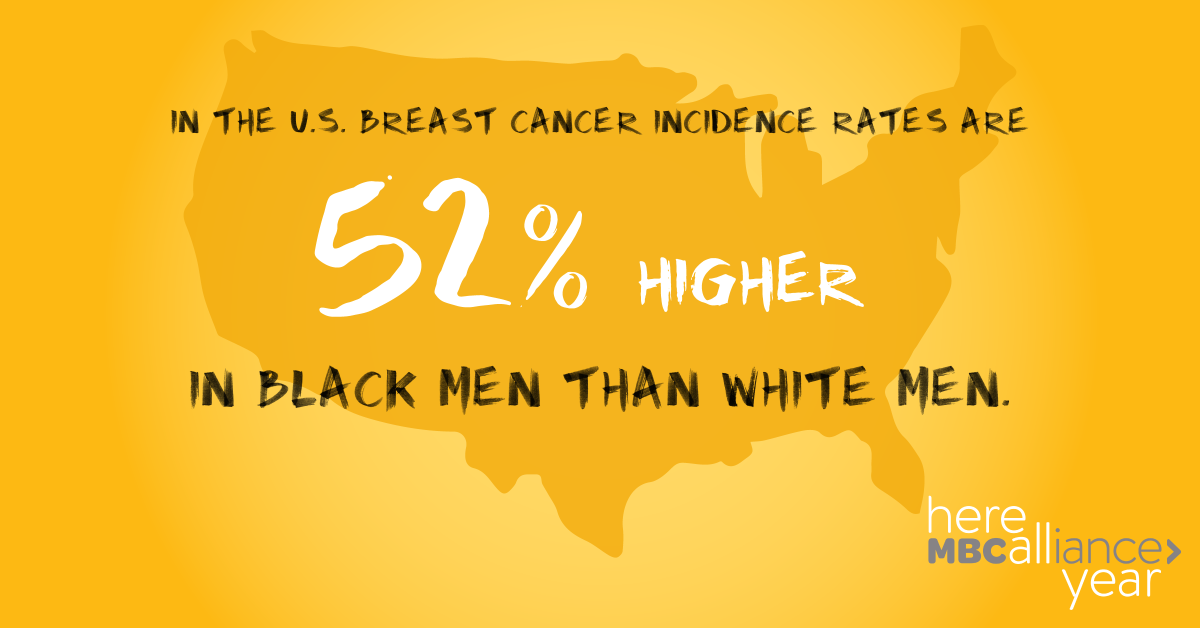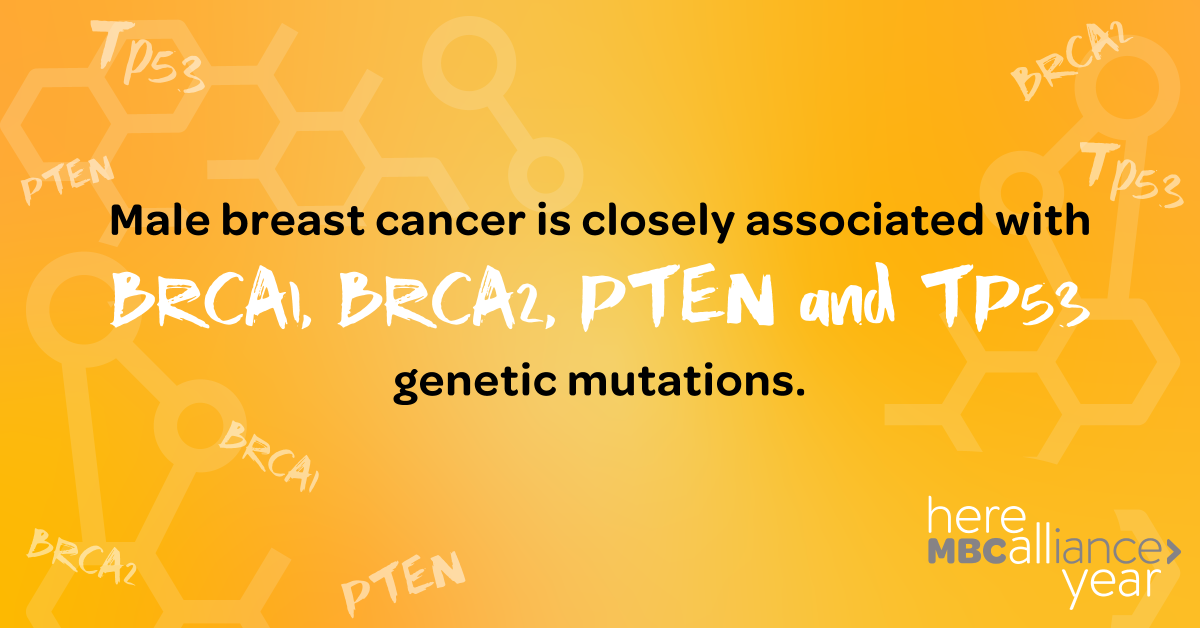Dr. Reshma Jagsi
Chair, Department of Radiation Oncology
Emory University School of Medicine
Reshma Jagsi, M.D., D.Phil., is the Lawrence W. Davis Professor and Chair of the Department of Radiation Oncology and a Senior Faculty Fellow in the Center for Ethics at Emory University in Atlanta, Georgia. A graduate of Harvard College, Harvard Medical School, and the University of Oxford, where she earned her DPhil in Social Policy as a Marshall Scholar, she is the author of over 450 publications regarding both breast cancer and bioethics. She is the PI of multiple grants from the US National Institutes of Health, the Susan G. Komen Foundation, and other philanthropic foundations. Both a clinical trialist and health services researcher, she is known for research to strengthen autonomy in breast cancer patients and to individualize breast cancer care.
As a radiation oncologist who treats patients with breast cancer, she leads multicenter randomized trials of forgoing radiotherapy in lower-risk patients, intensifying it in patients with more aggressive disease, and enhancing patient-centered communication. Active in organized medicine, she serves on the US National Academies of Science, Engineering, and Medicine’s Committee on Women in Science, Engineering, and Medicine; the US NIH Advisory Committee for Research on Women’s Health; the Steering Committee of the Early Breast Cancer Trialists Collaborative Group; and the Lancet’s Breast Cancer Commission.
She has received many honors, including the AAMC Group on Women in Science and Medicine’s Leadership Award, LEAD Oncology’s Woman of the Year Award, ASTRO’s inaugural Mentorship Award, AMSA’s Women Leaders in Medicine Award, AWiS’s Meridian Award, AMA’s Inspiration Award, AMWA’s Woman in Science Award, and AAWR’s Marie Curie Award. She has been elected to the American Society of Clinical Investigation and Association of American Physicians, and is a fellow of the AAAS, ASCO, ASTRO, AAWR, and the Hastings Center.





